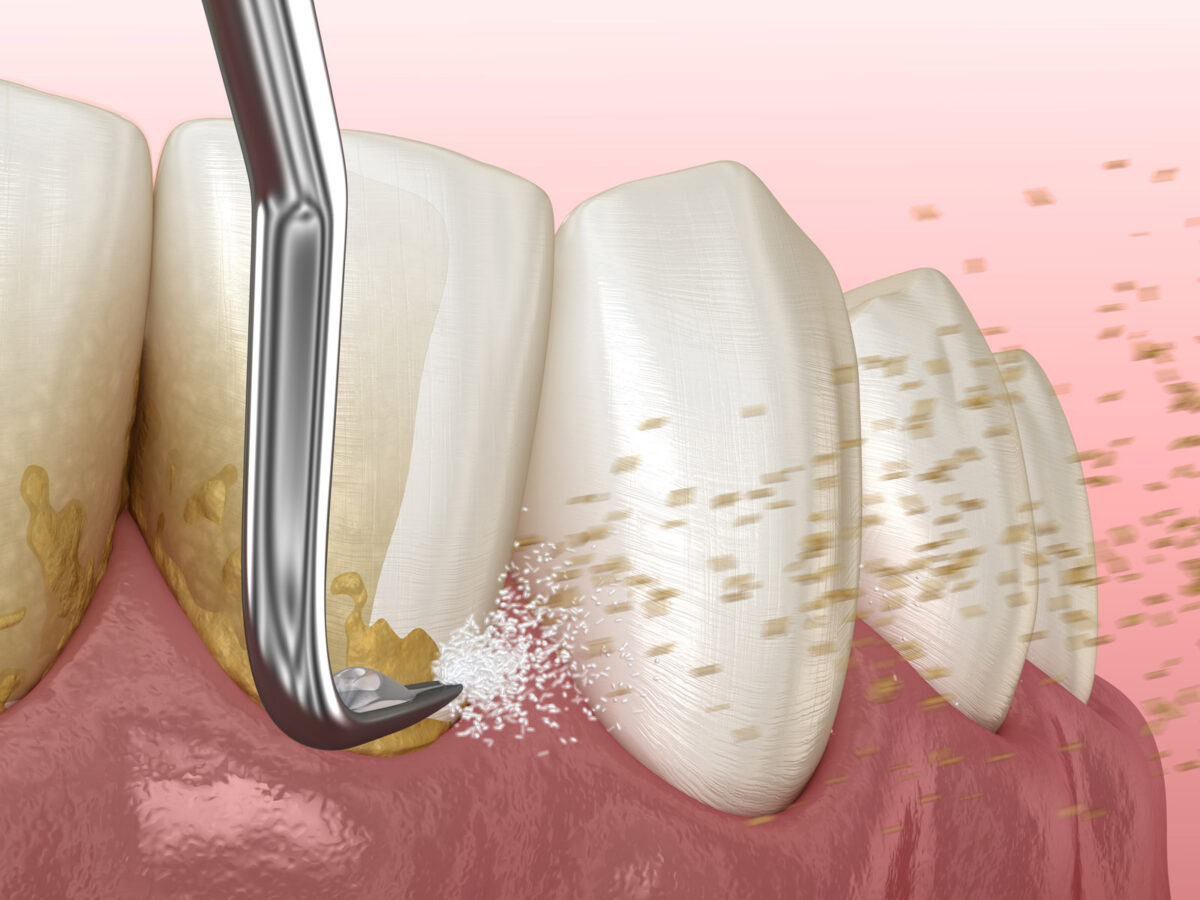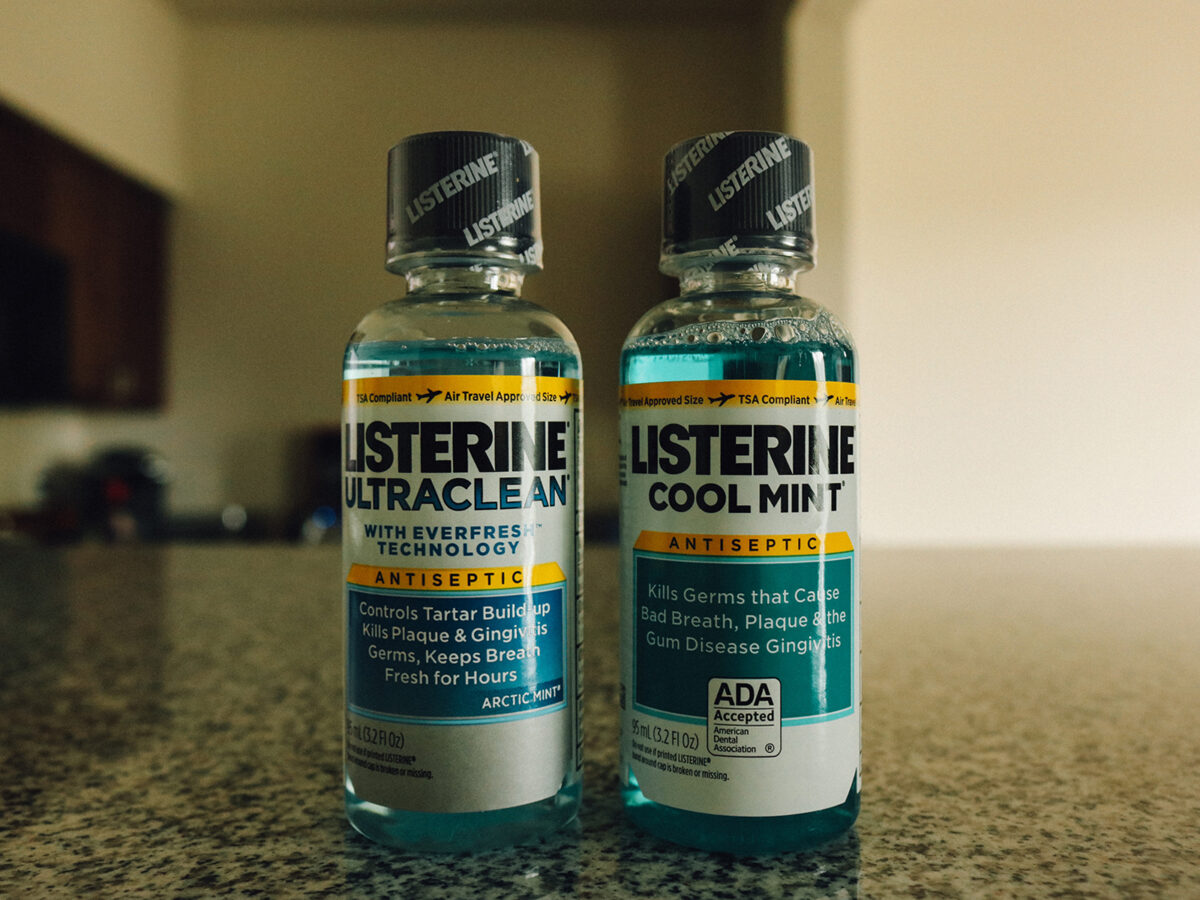During pregnancy, you will experience a variety of changes that you probably did not anticipate. Maybe you’re experiencing brain fog, itching stomach, random hair growing where there weren’t any, and who knew the pregnancy could alter your teeth?
It is common for the mouth to undergo some changes during pregnancy. Pregnancy “tumors,” gum disease, and increased tooth decay are relatively common side effects of pregnancy, so maintaining a diligent dental hygiene regimen should be considered an important part of prenatal wellness.
Pregnancy and dental issues
Pregnancy Gingivitis
Inflammation and irritation of the gingiva are common symptoms of gingivitis, a mild form of gum disease. Gingivitis can develop into periodontitis, which can cause tooth loss.
Cavities
A cavity develops when the protective coating on the tooth erodes and develops into a hole. The cavity itself and the repair process can be difficult, especially if you’ve ever had one. There are a few reasons why pregnancy puts you at greater risk of cavities. As the ADA explains, eating habits may change when people are famished due to cravings, vomiting, dry mouth, or poor oral hygiene. Some of these can cause dental cavities.
Pregnancy Tumors
While pregnancy tumors might sound ominous, they aren’t cancerous. During the second trimester, pregnancy tumors appear on the gums and usually transform into overgrown tissues. This type of swelling occurs most frequently between teeth and is not cancer. Growths like these may be caused by plaque accumulation and bleed easily. Red bumps that resemble raspberries should disappear after the birth of your baby.
How to prevent oral problems during pregnancy?
Prior to and during pregnancy, you should have a dental checkup. When you see your dentist:
- Tell him/her if you are planning to become pregnant or you are pregnant.
- If you take any medicines, let your dentist know. Medications and supplements, as well as herbal products, come under this category. Medications that your doctor prescribes can treat specific health conditions.
- Inform your dentist if you are pregnant at high risk. An individual at high risk for problems during pregnancy is either you or your baby. High-risk pregnancy occurs if you have a chronic health condition, had complications with a prior pregnancy, or have any other condition that can harm your or the baby’s health.
How can you prevent dental problems?
Here are some tips for maintaining a healthy set of teeth and gums during your pregnancy:
- It is important to brush twice a day with fluoride toothpaste. Floss regularly. Soft-bristled toothbrushes are best. Plaque can be removed, and teeth & gums can be kept healthy by brushing and flossing regularly.
- For times when you can’t brush your teeth due to vomiting, use antacids or wash your mouth with baking soda and water mixed together. The acid in the mouth can be decreased by rinsing.
- Every six months, schedule a dental checkup with your dentist, even during pregnancy.
- Consume healthy foods and limit sweets. Among the healthy foods available are fruits and vegetables, lean meat, whole-grain bread & pasta, and low-fat dairy products.
- Don’t smoke.
Prenatal dental checkups are important to detect and treat dental issues early before and during pregnancy. Maintaining your teeth and gums with regular teeth cleanings is another way to keep them healthy.
Book your appointment now and get your dental issues resolved!



